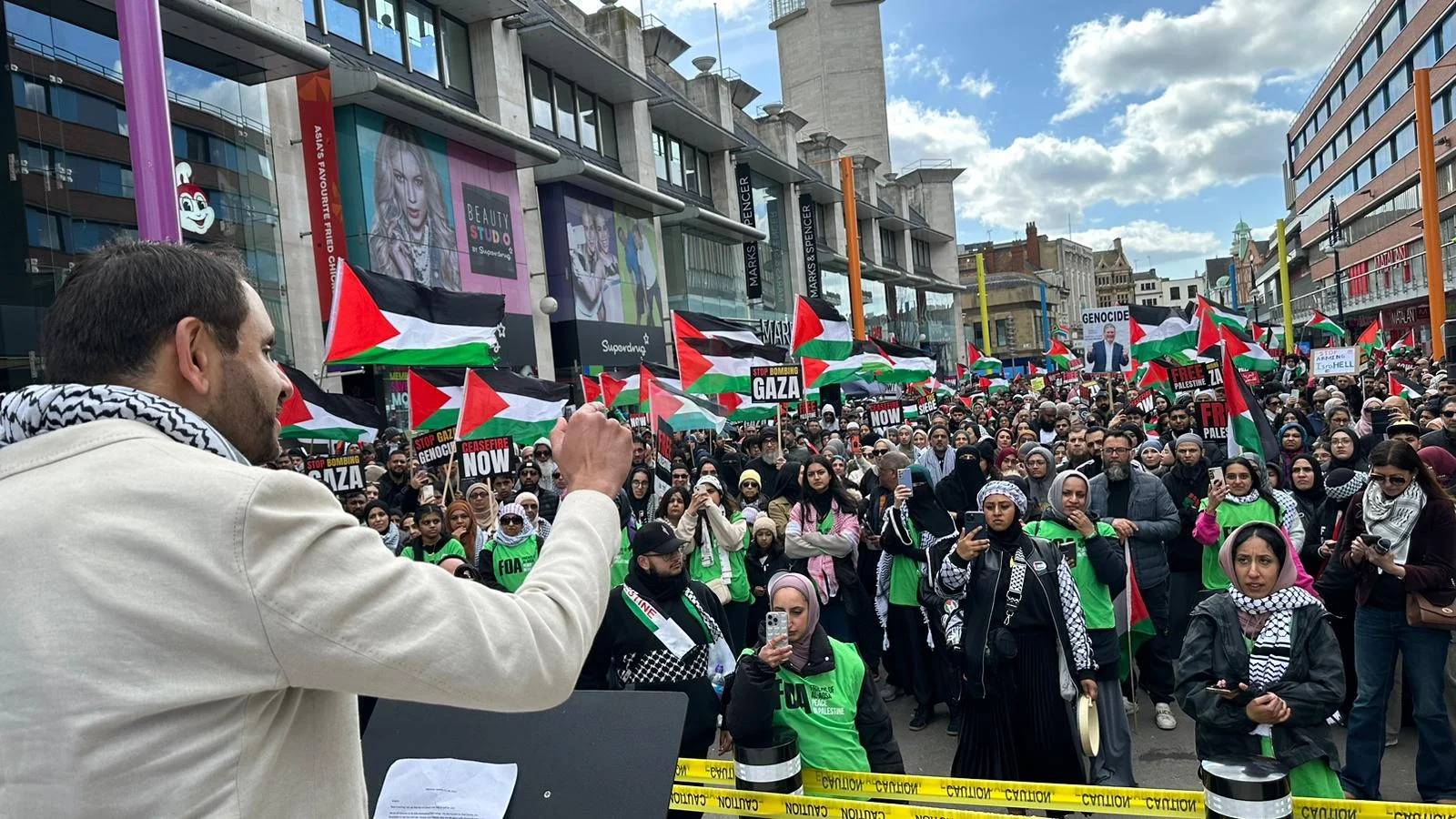Although he’s hardly a household name, even in Church circles, I’ve always thought Bishop Mario Toso, a Salesian who now heads the Diocese of Faenza-Modigliana in the central Italian region of Emilia-Romagna, is an interesting figure.
(By the way, Toso sort of won the lottery with his present assignment, because Emilia-Romagna’s claim to fame is producing some of the best food in a country legendary for its kitchen. Waiters and shop-keepers in Italy often will tell you they’ve got something today freschissimo, or “really fresh,” from Emilia-Romagna, the same way American waiters will say their cheesecake is fresh from the Bronx or their lobster from Maine.)
From 2009 to 2015, Toso served as the number two official at the Pontifical Council for Justice and Peace, which has been since absorbed into the new Dicastery for Promoting Integral Human Development under Cardinal Peter Turkson of Ghana. When Turkson first took over at the council, he had little experience of navigating the shoals of the Vatican, and Toso provided some Italian insider’s touch.
What makes Toso compelling is that whenever he talks about an issue relevant to Catholic social teaching – the environment, for instance, or war and peace, or poverty relief, or abortion and the defense of human life – he’ll clearly articulate where the Church stands, but he rarely comes off as impassioned or excitable, and he doesn’t inject himself into the story.
Toso is always calm, collected, and, one might say, “buttoned-down,” while staying solidly within the bounds of tradition. In that sense, Toso is sort of a living reminder that Catholic social teaching isn’t about the passions of a given figure, but a corporate body of teaching.
In the press, whenever a Church leader pops off on something, we love to float biographical explanations, giving stories a personal touch. Pope Francis is big on immigration because he comes from Latin America and is a son of immigrants; John Paul stood up to Communism because he’s Polish; Benedict was worried about Europe because he’s a German egghead; and on and on.
What Toso helps us remember is that whatever the biographies or personal priorities of Church leaders, the social doctrine they invoke isn’t just their personal hobby-horse, but a developed set of principles bigger than any one personality.
All this comes to mind in light of Toso’s recent book Nonviolence: Styles of a New Politics for Peace, published in Italy by the Società Cooperativa Sociale Frate Jacopa, which also puts out a magazine called Social Doctrine of the Church. (Unfortunately, the book is not available in English.)
Toso reviews various forms of violence in the contemporary world, including the usual suspects: War, criminal gangs, human trafficking, forced migration and so on. What’s striking is that he also includes other sorts of violence, including what he says is the violence inflicted by the mass media.
“Mass communication,” he says, “has become the arbiter of people’s social status, and has modified the family structure, reducing the traditional role of authority. It can manipulate and indoctrinate the public, even in occult fashion, thereby compromising one’s freedom of judgment and autonomy to make decisions.”
Media outlets, Toso says, are violent in direct proportion to the extent to which they practice “poor communication,” and the lone alternative is a “great cultural, social, technological and industrial project, supported by adequate legislation.”
That could sound, of course, like he’s calling on governments to limit free speech, although it could simply mean he wants the state to fund better alternatives. In any event, he clearly thinks something dramatic is going on.
“The natural response to violence is to defend oneself, but for those to whom violence is communicated, indeed inflicted, that possibility is taken away,” he says. “As a result, the media favor the accumulation of frustrations and aggressions, more or less latent, becoming generators of violence.”
Moreover, Toso has a rather bleak view of how media outfits operate in general.
“The mass media show us reality as it truly is only with difficulty, instead communicating certain details, making them seem bigger than they are,” he says. “Also, [media companies] are run by a certain restricted group of people who remain more or less anonymous, and whose influence has no relationship with their competence or real responsibilities.”
(Speaking as somebody who runs a media company, albeit an awfully small one, I don’t think I’m all that anonymous – though I’ll grant there are days when my competence is definitely open to question!)
One can disagree with Toso’s diagnosis, or suggest it may be a bit one-sided. Yet he’s clearly onto something about the media’s role in fomenting violence, at least the verbal sort – and, although he doesn’t make the point explicitly, he easily could have included social media in his list. If you don’t believe it, spend ten minutes checking your Twitter feed at some point today.
In conflict zones, media outlets often are used to inflame passions and encourage more bloodshed. Even in relatively stable societies such as the United States, the media often thrives on keeping people outraged about something, and sooner or later, that rage can shade off into physical violence – Charlottesville being merely one recent example.
All of us in the media business probably could do with some introspection about whether, and in which ways, we too benefit from keeping people mad.
The fact it’s Toso saying it suggests this isn’t simply about a grumpy cleric out of touch with the modern world, and lashing out at whatever he doesn’t understand. (For one thing, Toso’s only 67, still relatively young by episcopal standards.) He’s taking a serious and informed look at Catholic social teaching on nonviolence, comparing it to the way mass media in the early 21st century works, and drawing some sobering conclusions.
As an overall assessment, Toso’s indictment may be open to question. As a call to an examination of conscience, however, it works just fine – and the point is, it’s not just coming from him.

















